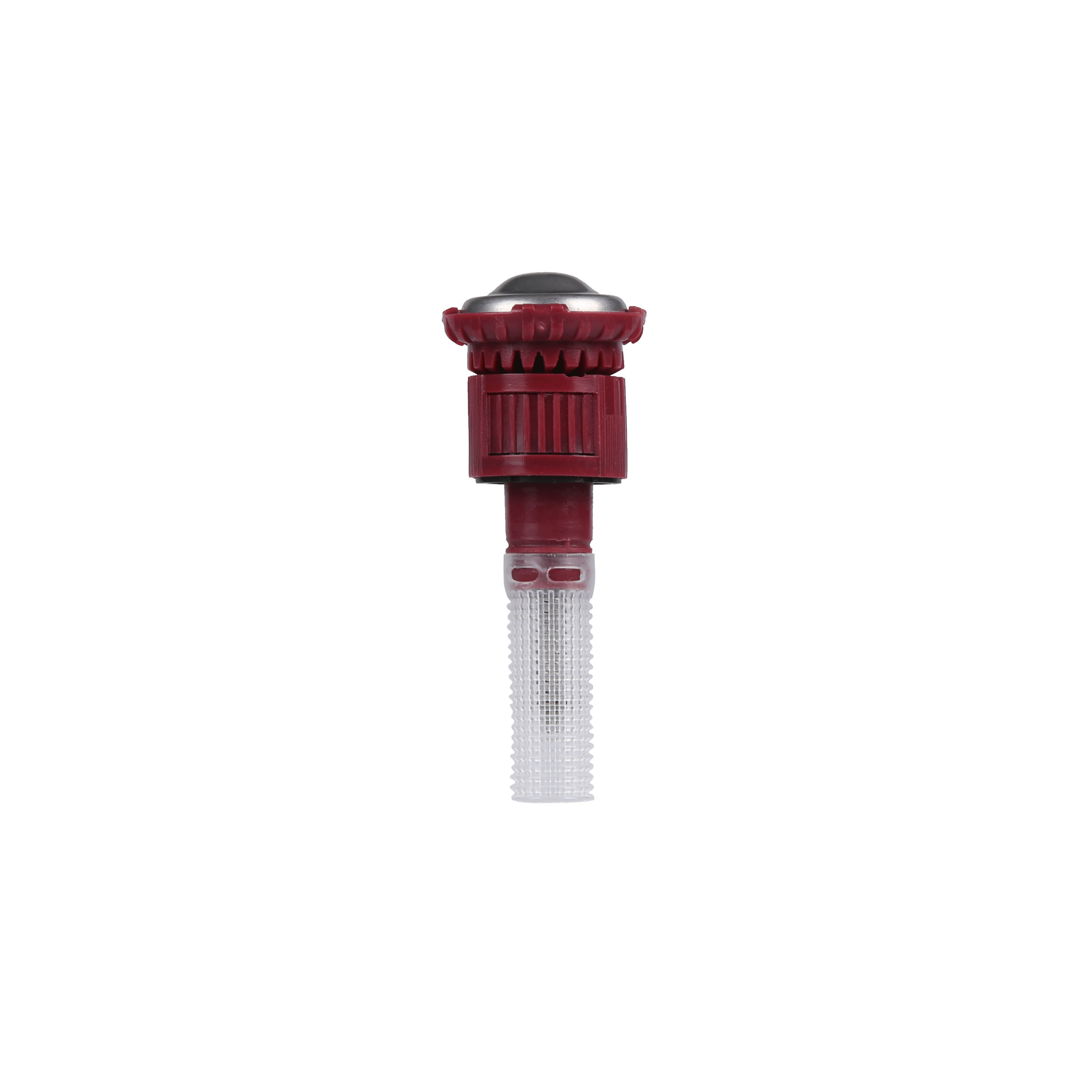The Essential Guide to Sprinkler Irrigation in Agriculture

One of the primary benefits of sprinkler irrigation is its adaptability to various terrains and crop types. Unlike traditional flood irrigation methods, which may be limited by field layout or water source availability, sprinkler systems can be installed in diverse environments—ranging from flat fields to sloped landscapes. This versatility enables farmers to irrigate crops more effectively, regardless of their agricultural settings.
Moreover, sprinkler irrigation helps mitigate the risk of soil erosion, a common concern in agriculture. By distributing water over a large area in a controlled manner, these systems reduce the amount of runoff and prevent the soil from becoming waterlogged. This not only protects the soil structure but also ensures that nutrients remain intact, further promoting healthy crop growth.
The design and technology of sprinkler irrigation systems have evolved significantly, incorporating advanced features such as timers and sensors. These innovations allow farmers to automate the irrigation process, adjusting water application according to real-time weather conditions and soil moisture levels. As a result, farmers can conserve water resources while maintaining optimal growing conditions for their crops.
Additionally, sprinkler systems can be beneficial for frost control and pesticide application. During critical periods, such as when temperatures drop unexpectedly, sprinklers can create a protective layer of water that freezes, safeguarding crops from frost damage. Similarly, the even distribution of pesticides through sprinkler systems ensures better coverage and effectiveness, promoting plant health and reducing pest-related issues.
To maximize the efficiency of sprinkler irrigation, it is essential to consider factors such as system design, water pressure, and crop needs. Regular maintenance and adjustments to the system can also enhance performance and minimize water waste. Farmers should assess their specific requirements and local conditions to tailor their systems accordingly, ensuring they achieve the best results.
In summary, sprinkler irrigation is a crucial component of modern agricultural practices. Its ability to provide efficient, adaptable, and precise water management makes it indispensable for farmers aiming to improve crop yields and optimize resource use. By understanding the benefits and functionalities of sprinkler systems, agricultural professionals can make informed decisions that lead to sustainable farming practices and enhanced food production.

评论
发表评论